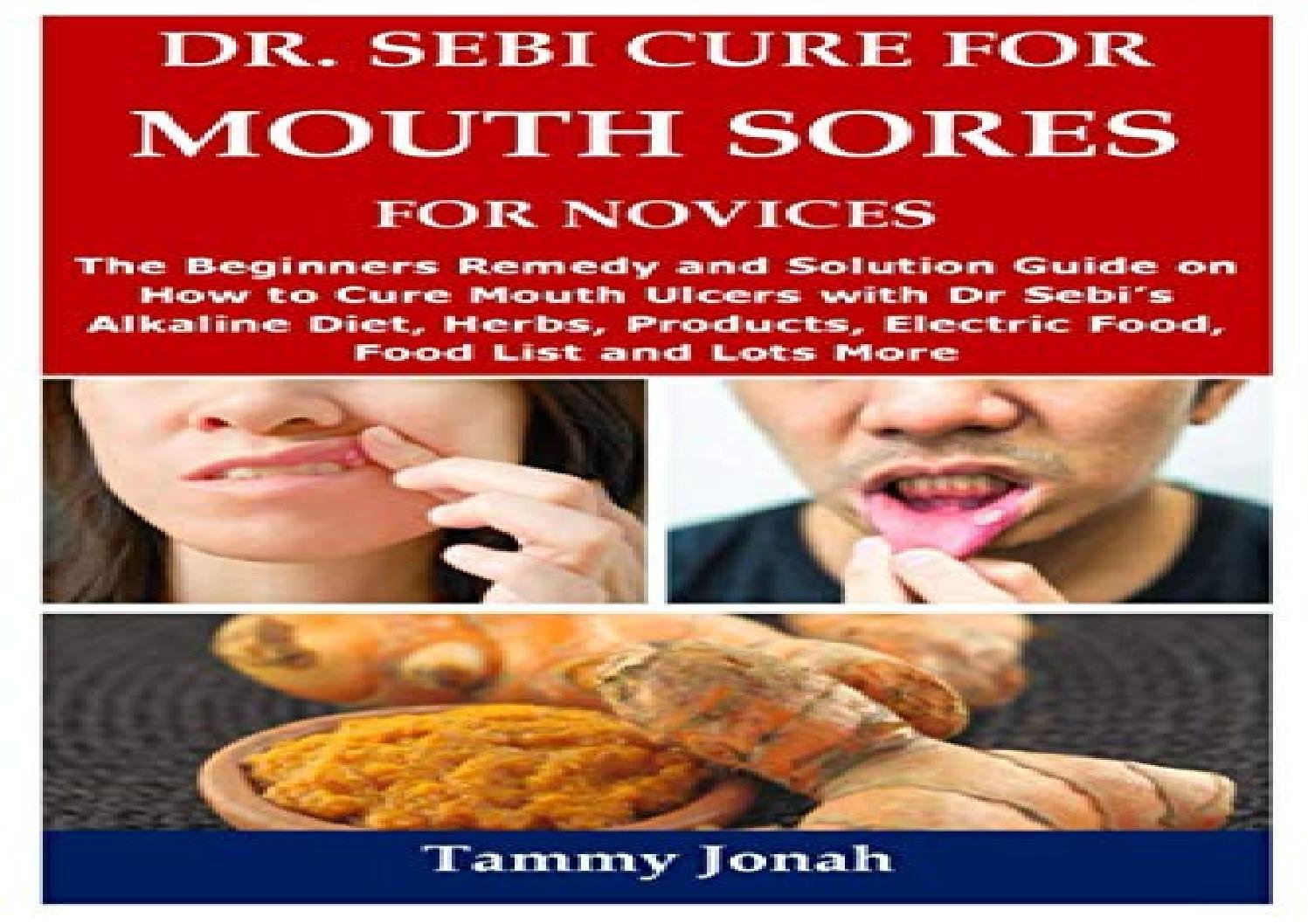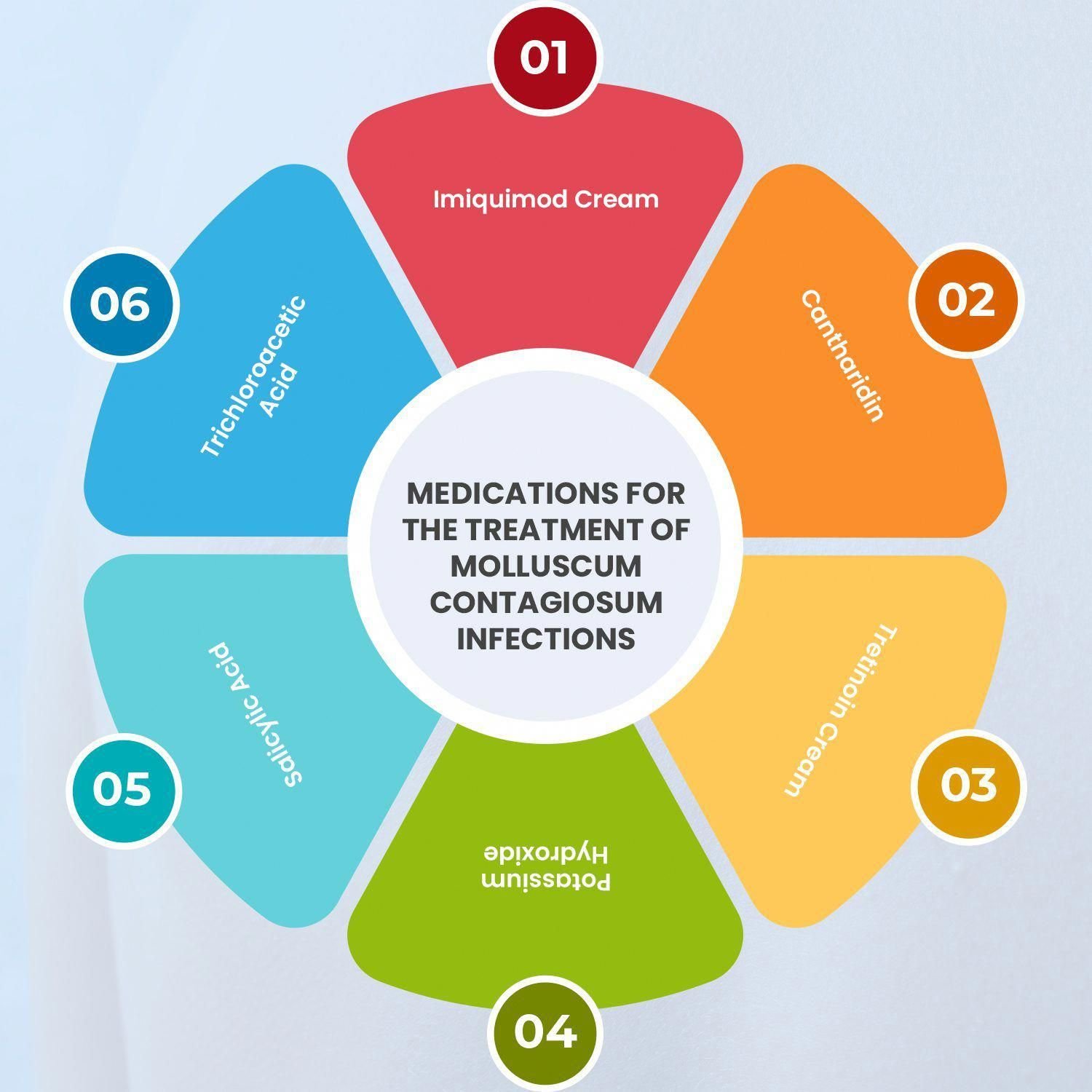Unlock effective natural remedies for alleviating the discomfort of mouth sores in our comprehensive guide: Effective Home Remedies for Mouth Sores: A Pharmacist’s Guide. Explore the power of turmeric, salt water, and clove oil to soothe pain, reduce inflammation, and promote healing. Discover how these time-tested ingredients can provide quick relief from mouth sores, empowering you with expert knowledge for optimal oral health.
Key Takeaways:
- Home Remedies:
- Use saltwater, baking soda, or hydrogen peroxide rinses to clean and reduce inflammation.
- Apply honey, milk of magnesia, or essential oils to relieve pain and promote healing.
- Consider herbal products like echinacea or chamomile to boost immunity and soothe irritation.
- OTC Treatments:
- Take Benadryl to reduce pain and inflammation.
- Use milk of magnesia to neutralize acids and soothe the sore.
- Lifestyle Measures:
- Avoid irritating foods like spicy or acidic ones.
- Maintain good oral hygiene by brushing and flossing regularly.
- Drink plenty of fluids to stay hydrated and flush out bacteria.
Home Remedy for Mouth Sores: A Pharmacist’s Guide

Mouth sores, also known as canker sores, are common and can be incredibly uncomfortable. While they usually resolve on their own within a week or two, finding fast and effective remedies can provide much-needed relief. As a pharmacist, I’ve seen firsthand how home remedies can soothe pain, promote healing, and reduce discomfort. Here are some of the most effective home remedies for mouth sores:
Saltwater Rinse
Saltwater is a natural disinfectant that helps reduce inflammation and pain. It also helps to draw out fluids from the sore, promoting healing. To make a saltwater rinse, mix 1/2 teaspoon of salt in 8 ounces of warm water. Gargle or swish the solution around your mouth for 30 seconds, then spit it out. Repeat several times a day.
Baking Soda Rinse
Baking soda is another effective home remedy for mouth sores. It helps to neutralize the acids in the mouth, reduce inflammation, and create an alkaline environment that inhibits bacterial growth. Mix 1/2 teaspoon of baking soda in 8 ounces of warm water. Rinse your mouth for 30 seconds, then spit it out. Repeat several times a day.
Hydrogen Peroxide Rinse
Hydrogen peroxide is a powerful antiseptic that can kill bacteria and help to clean the sore. It also helps to reduce inflammation and pain. To make a hydrogen peroxide rinse, mix 1 tablespoon of 3% hydrogen peroxide in 8 ounces of water. Swish the solution around your mouth for 30 seconds, then spit it out. Do not swallow hydrogen peroxide. Do not use this rinse more than twice a day.
Honey
Honey is a natural antibacterial and antifungal agent that can help to soothe pain, promote healing, and reduce inflammation. Apply a small amount of honey directly to the sore several times a day. You can also mix honey with a little bit of warm water to make a rinse.
Milk of Magnesia
Milk of magnesia is a mild antacid that can help to neutralize acids in the mouth and soothe the sore. Apply a small amount of milk of magnesia directly to the sore several times a day. You can also mix milk of magnesia with a little bit of warm water to make a rinse.
Essential Oils
Certain essential oils, such as clove oil, tea tree oil, and peppermint oil, have antibacterial and anti-inflammatory properties that can help to soothe mouth sores. Dilute a few drops of essential oil in a carrier oil, such as coconut oil or olive oil, and apply it to the sore several times a day. Do not swallow essential oils.
Herbal Products
Some herbal products, such as echinacea and chamomile, have been shown to boost immunity and soothe inflammation. You can take echinacea as a supplement or use it as a mouthwash. Chamomile can be made into a tea or used as a mouthwash.
Over-the-Counter Treatments
In addition to home remedies, there are several over-the-counter treatments that can help to relieve the pain and discomfort of mouth sores. These include:
- Benadryl: Benadryl is an antihistamine that can help to relieve pain and inflammation.
- Milk of Magnesia: Milk of magnesia is a mild antacid that can help to neutralize acids in the mouth and soothe the sore.
Lifestyle Measures
In addition to home remedies and over-the-counter treatments, there are several lifestyle measures that you can take to help relieve the pain and discomfort of mouth sores. These include:
- Avoid abrasive, acidic, or spicy foods: These foods can irritate the sore and make it more painful.
- Maintain good oral hygiene: Keep your mouth clean and free of bacteria by brushing and flossing regularly.
- Drink plenty of fluids: Staying hydrated will help to keep your mouth moist and prevent the sore from becoming dry and painful.
By following these tips, you can find relief from mouth sores and promote faster healing. If your sores are severe or do not improve with home remedies, it is important to see a doctor or dentist for further evaluation.
-
Check out our comprehensive guide on home service providers to find reliable professionals for your home repair needs.
-
If you’re facing home repair issues, explore our directory of home repair companies to connect with skilled contractors.
-
Discover the latest home theater price in Tanzania and set up your dream home entertainment system without breaking the bank.
Clove Oil: A Natural Remedy for Mouth Sores
Key Takeaways:
- Clove oil possesses antibacterial and anti-inflammatory properties, making it an effective natural remedy for mouth sores.
- To use clove oil for mouth sores, dilute it with a carrier oil (e.g., coconut or olive oil) and apply it directly to the affected area several times a day.
- Clove oil is generally safe for topical use, but it’s essential to test for any potential allergies before applying it to the mouth.
Step-by-Step Instructions for Using Clove Oil:
- Dilute the clove oil: Mix a few drops of clove oil with a carrier oil (e.g., coconut or olive oil) to create a diluted solution.
- Apply the solution: Use a cotton swab to apply the diluted clove oil directly to the mouth sore.
- Repeat: Repeat the application several times a day until the mouth sore heals.
Precautions:
- Avoid using clove oil if you have an allergy to it.
- Do not swallow clove oil.
- If you experience any irritation or discomfort, discontinue use.
Sources:
- https://www.onlymyhealth.com/benefits-of-clove-oil-against-mouth-ulcers-1701854977
FAQ
Q1: Is clove oil safe to use on mouth sores?
A1: Yes, clove oil has antiseptic and antibacterial properties that can help to heal mouth sores. However, it is important to dilute clove oil with a carrier oil, such as coconut or olive oil, before applying it to the sore.
Q2: How often can I apply clove oil to a mouth sore?
A2: You can apply clove oil to a mouth sore several times a day until the sore heals.
Q3: Are there any precautions I should take when using clove oil on a mouth sore?
A3: Yes, be mindful of potential sensitivities or allergies to clove oil. If you experience any irritation or discomfort, discontinue use and consult with a healthcare professional.
Q4: How does clove oil help to heal mouth sores?
A4: Clove oil has antibacterial and anti-inflammatory properties that can help to kill bacteria and reduce inflammation, promoting healing.
Q5: Is clove oil a cure for mouth sores?
A5: While clove oil can help to alleviate symptoms and promote healing, it is not a cure for mouth sores. If you experience recurrent or severe mouth sores, it is important to consult with a healthcare professional to determine the underlying cause and receive appropriate treatment.
- NYT Connections Answer: Hedgehog, Pineapple, Cactus The Spiky Things Explained - April 20, 2025
- How to Clean a Wool Carpet: A Comprehensive Guide - April 20, 2025
- How to Clean a Pleather Couch: A Complete Guide - April 20, 2025










